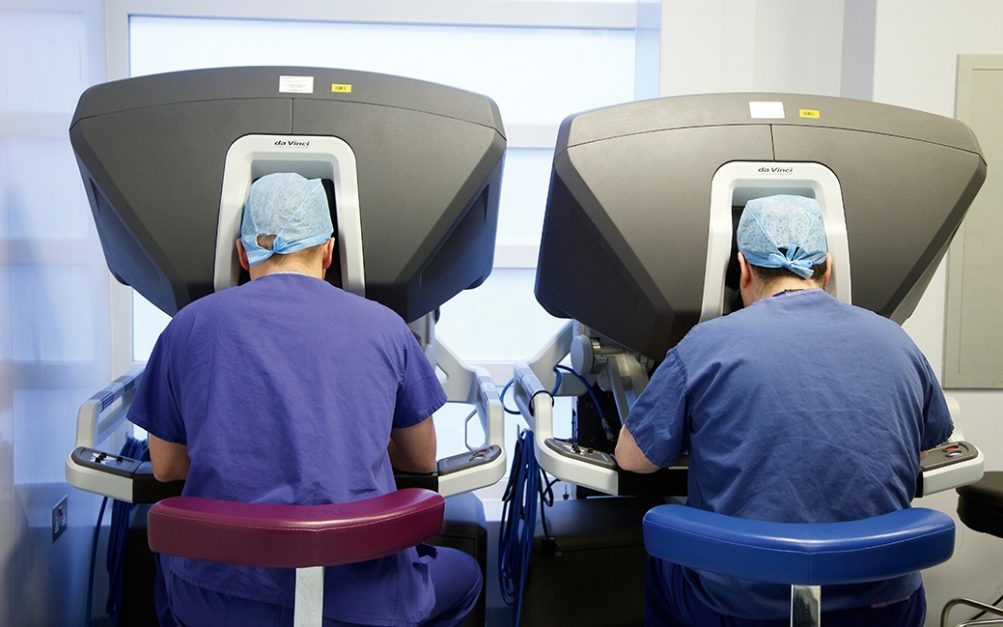Original Title: Humans Still Make Better Surgeons Than Robots, Study Shows

According to a recent report by The Telegraph, a new study has revealed that human surgeons still outperform robotic systems in certain surgical procedures. Despite the growing use of surgical robots over the past decade, the research suggests that human doctors can complete operations more quickly and with fewer complications than their robotic counterparts.
Surgical robotics first made its debut in the UK about ten years ago, and since then, its usage has steadily increased. From prostatectomies to kidney removals and tumor resections, robotic assistance has become a common feature in many operating rooms. Many people assume that robots are more precise, faster, and more efficient than human surgeons, but this latest study challenges that belief.
The research, conducted by Stanford University School of Medicine, analyzed data from 25,000 surgeries across 416 hospitals in the U.S. between 2006 and 2012. The findings showed that for minimally invasive nephrectomies—surgeries to remove a kidney—only 28% of patients operated on by human surgeons experienced surgery lasting more than four hours. In contrast, nearly 46% of patients who underwent robot-assisted surgery spent over four hours on the table.
Dr. Benjamin Chung, an associate professor of urology at Stanford, noted, “While there was no significant difference in treatment outcomes or hospital stay length, robot-assisted surgeries were more expensive and had a higher likelihood of taking longer.â€
Currently, the UK’s National Health Service operates around 60 Da Vinci Surgical Systems, each costing roughly £1 million (about 87.14 million yuan). These machines offer enhanced 3D imaging and specialized tools like miniature cameras and micro-instruments. While they excel in complex procedures requiring high precision, such as internal suturing, the study found that for less technically demanding surgeries like full kidney removal, human surgeons may be more effective.
Although the researchers acknowledge that robotic surgery time may decrease and costs may eventually drop, the current results suggest that robot-assisted procedures aren’t always the best option for patients. As Dr. Chung added, “There's a natural inclination to choose the most advanced technology, but it's also important to think critically about how we spend healthcare resources.â€
“Even if robots have some advantages, do these benefits justify the extra cost?†he asked. “That’s the question we should all be asking.â€
Cables For New Energy Vehicles
Cables For New Energy Vehicles,New Energy Vehicles Cable Wire,Silicone Rubber Coated Cables
Jiangyin City Weicheng Special Cable Co.,Ltd , https://www.weichengcable.com